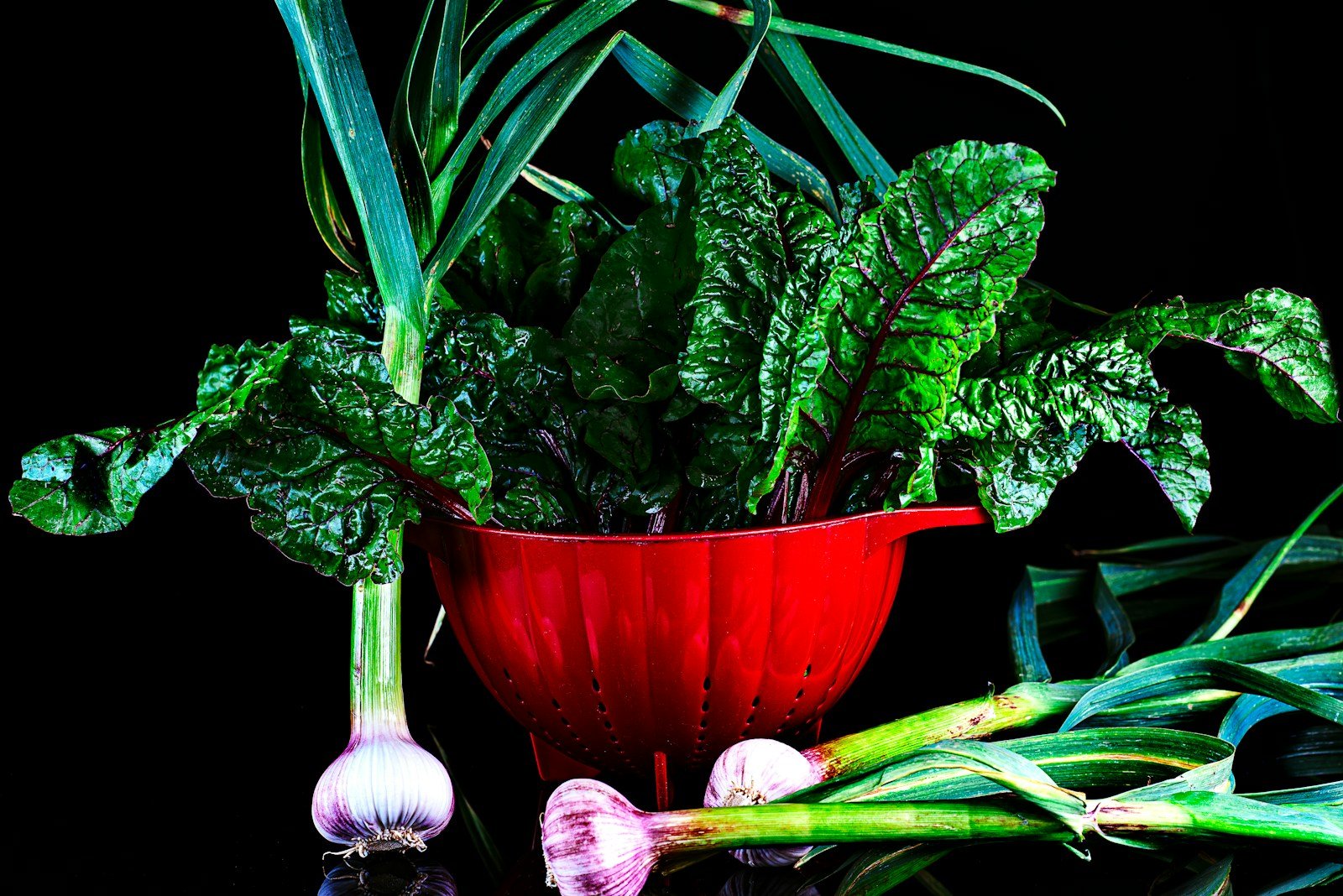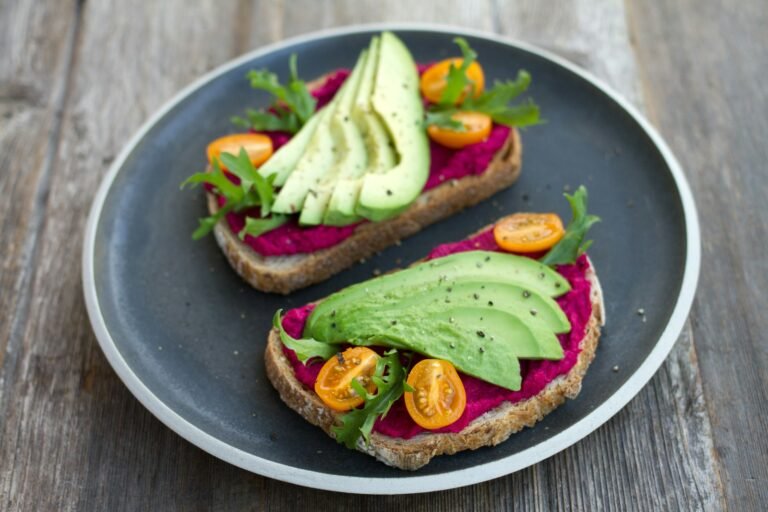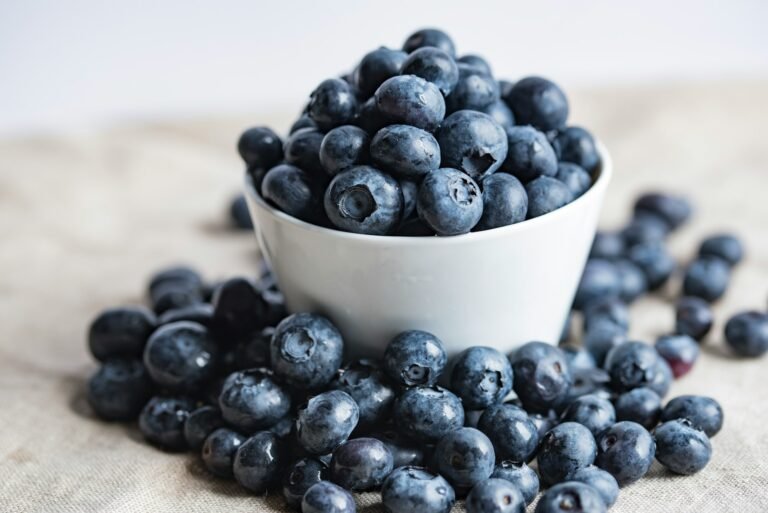How to Start a Plant-Based Diet
In a world where food choices shape not only our health but the planet’s future, embracing a plant-based diet has blossomed from a niche trend into a vibrant lifestyle movement. Whether motivated by wellness, environmental concerns, or ethical considerations, the journey toward a plant-based way of eating can feel both exciting and overwhelming. This article will gently guide you through the first steps of adopting a plant-based diet, offering practical tips and thoughtful insights to help you cultivate a nourishing, sustainable, and delicious new chapter at your table.
Understanding the Foundations of a Plant-Based Lifestyle
Embarking on a plant-based lifestyle means embracing the vibrant variety that nature offers. At its core, this approach focuses on whole, minimally processed foods derived primarily from plants, including fruits, vegetables, legumes, nuts, seeds, and whole grains. It’s not just about removal but about rediscovery-exploring colorful produce and nutrient-rich alternatives that fuel your body and delight your palate. Understanding how to balance macronutrients is crucial; for example, ensuring adequate protein by combining beans with grains or nuts can provide all essential amino acids.
Implementing a successful transition involves more than food choices; it’s about cultivating habits that nurture a sustainable and enjoyable routine. Consider the benefits of keeping a well-stocked pantry with versatile staples and experimenting with herbs and spices to enhance flavors naturally. Here’s a quick guide to balancing key nutrients:
| Nutrient | Plant-Based Sources | Tips |
|---|---|---|
| Protein | Beans, Lentils, Tofu, Quinoa | Mix legumes with grains for complete proteins |
| Iron | Spinach, Chickpeas, Pumpkin Seeds | Pair with Vitamin C-rich foods to boost absorption |
| Calcium | Fortified Plant Milks, Kale, Almonds | Include daily for bone health |
| Omega-3 | Chia Seeds, Flaxseeds, Walnuts | Add ground seeds to smoothies or oatmeal |
Choosing Nutrient-Dense Foods for Balanced Nutrition
When embracing a plant-based lifestyle, the key to success lies in selecting foods that are richly packed with essential nutrients. Focus on incorporating a vibrant variety of vegetables, fruits, whole grains, legumes, nuts, and seeds to meet your body’s needs efficiently. Prioritize foods high in fiber, protein, essential fatty acids, vitamins, and minerals to keep energy levels stable and maintain overall well-being. For example, dark leafy greens like kale and spinach provide iron and calcium, while beans and lentils are excellent protein sources that keep you feeling full and satisfied.
It’s helpful to think beyond just adding healthy ingredients-consider the balance and combination of foods on your plate. Here’s a quick reference table showing key nutrient-rich plant-based options:
| Food Group | Notable Nutrients | Examples |
|---|---|---|
| Leafy Greens | Iron, Calcium, Vitamins A & K | Kale, Spinach, Swiss Chard |
| Legumes | Protein, Fiber, Folate | Lentils, Chickpeas, Black Beans |
| Nuts & Seeds | Healthy Fats, Magnesium, Vitamin E | Almonds, Flaxseeds, Chia Seeds |
| Whole Grains | Complex Carbs, B Vitamins, Fiber | Quinoa, Brown Rice, Oats |
- Vary your colors-different pigments mean different health benefits.
- Include fermented foods like sauerkraut or kimchi to support digestion.
- Don’t shy away from healthy fats such as avocados and olive oil for nutrient absorption.
Planning and Preparing Meals for Everyday Success
Essential strategies to keep your meal planning on track include:
- Batch cooking staples like quinoa, chickpeas, and roasted root vegetables to speed up meal assembly.
- Keeping your pantry stocked with versatile seasonings: cumin, smoked paprika, nutritional yeast, and fresh herbs.
- Experimenting with new plant-based proteins like tempeh or seitan to add variety and richness.
- Pre-chopping salad ingredients or prepping dressings for quick, fresh meals.
| Meal Type | Prep Idea | Key Ingredients |
|---|---|---|
| Breakfast | Overnight oats jar | Oats, almond milk, chia seeds, berries |
| Lunch | Quinoa Buddha bowl | Quinoa, roasted chickpeas, kale, tahini |
| Dinner | Stuffed peppers | Bell peppers, black beans, corn, salsa |
Overcoming Common Challenges and Staying Motivated
Transitioning to a plant-based diet often invites a series of hurdles, from cravings to social pressure. It’s essential to acknowledge these challenges without letting them discourage you. Building a support system can make a remarkable difference-whether it’s joining online communities, attending local meetups, or sharing your goals with friends and family who encourage your journey. Remember, flexibility is your friend; allow yourself to experiment with different plant-based recipes and find what excites your palate instead of sticking to rigid rules. Keeping a food journal or mood tracker can also highlight meaningful progress, turning small victories into sustained motivation.
To maintain your drive over time, consider incorporating strategies that reinforce positive habits. Below are some practical tips to keep your enthusiasm thriving:
- Celebrate milestones: Reward yourself for weekly or monthly achievements with non-food treats or experiences.
- Educate yourself: Dive into the benefits-ethical, health, and environmental-that make your lifestyle choice impactful.
- Plan meals smartly: Prep balanced dishes in advance to avoid last-minute temptations.
- Stay curious: Explore new cuisines and plant-based ingredients to keep meals exciting.
| Common Challenge | Creative Solution |
|---|---|
| Craving Comfort Foods | Recreate favorites using plant-based substitutes |
| Feeling Socially Isolated | Host a plant-based potluck with friends |
| Lack of Variety | Try international plant-based recipes weekly |
| Uncertainty About Nutrition | Consult a dietitian or use credible nutrition apps |
To Conclude
Embarking on a plant-based journey is more than just a shift in what’s on your plate; it’s an invitation to explore a vibrant world of flavors, textures, and colors that nourish both body and soul. Whether you’re driven by health, ethics, or the environment, each small step plants a seed for a more mindful lifestyle. Remember, this isn’t about perfection-it’s about progress, curiosity, and celebrating the abundance nature has to offer. So, take a deep breath, embrace the green revolution one meal at a time, and watch how your relationship with food and the earth grows in extraordinary ways.















